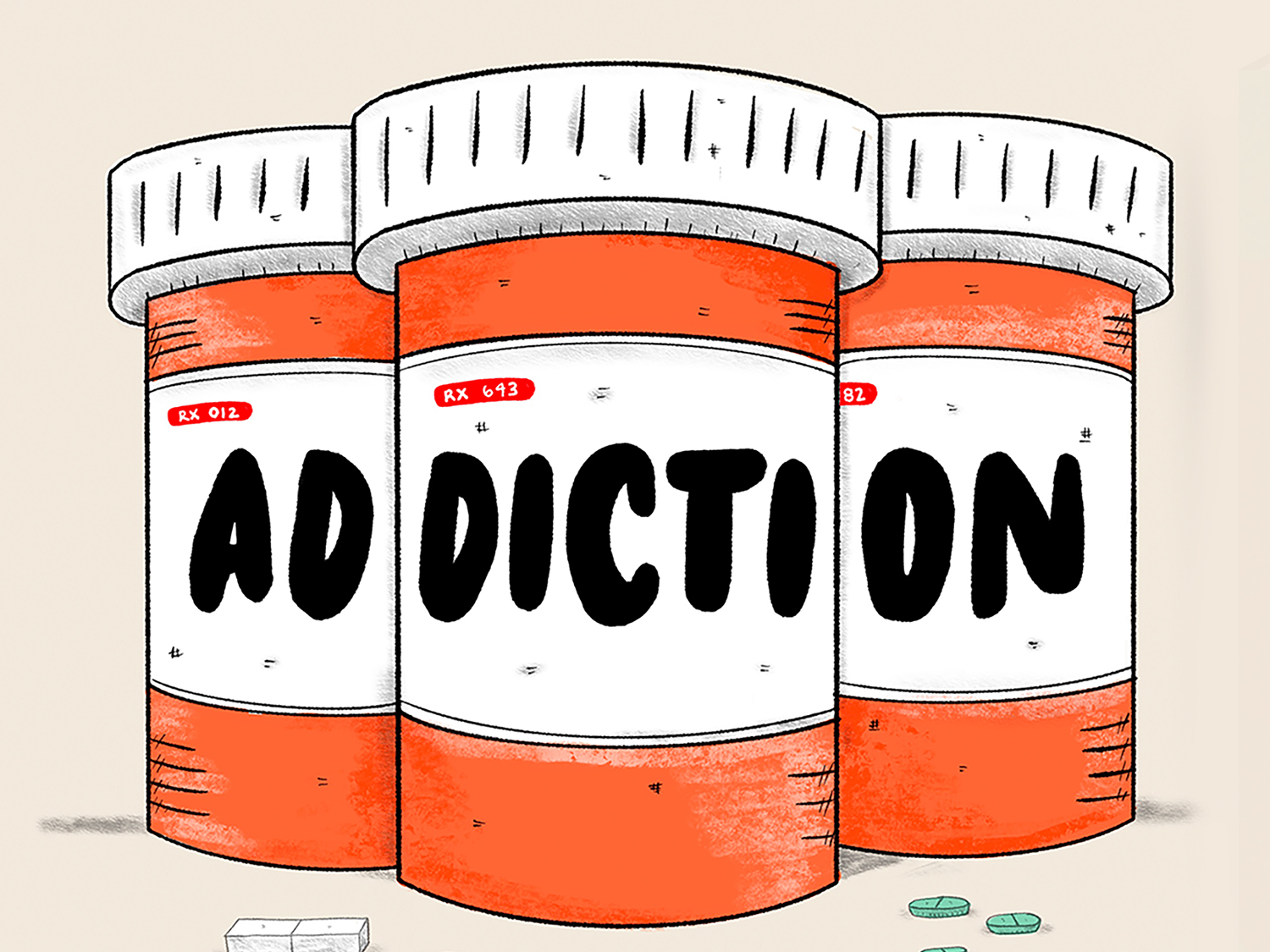Addiction is more common than most of us think. It can be confusing, even scary, for children to witness. When addiction hits home, it can make life unpredictable and isolating. However, there are ways to educate children about addiction — regularly — so that you and they feel comfortable talking about it when someone needs to.
Whichever avenue you choose for broaching the topic — whether it be genetic risk, usage of over-the-counter medications, or peer pressure — you should be honest and frank about the dangers in an age-appropriate way. What is your family’s stance on substance use and level of tolerance? Children may not grasp the sweeping impact of addiction until they're a little older, but they understand a zero-tolerance policy.
Above all, you want the outcome of any conversation about addiction to be that your child feels loved and protected, and that they are not the cause of the problem. The articles and books below serve as great conversation starters about addiction with your child.
For its 100th anniversary, Scholastic spoke with experts to identify a set of tips, articles, and books that make starting a conversation with your child about addiction easier. These resources are part of a broader initiative, called the Scholastic Bookshelf, created for Instagram to raise awareness around contemporary issues affecting children today.




